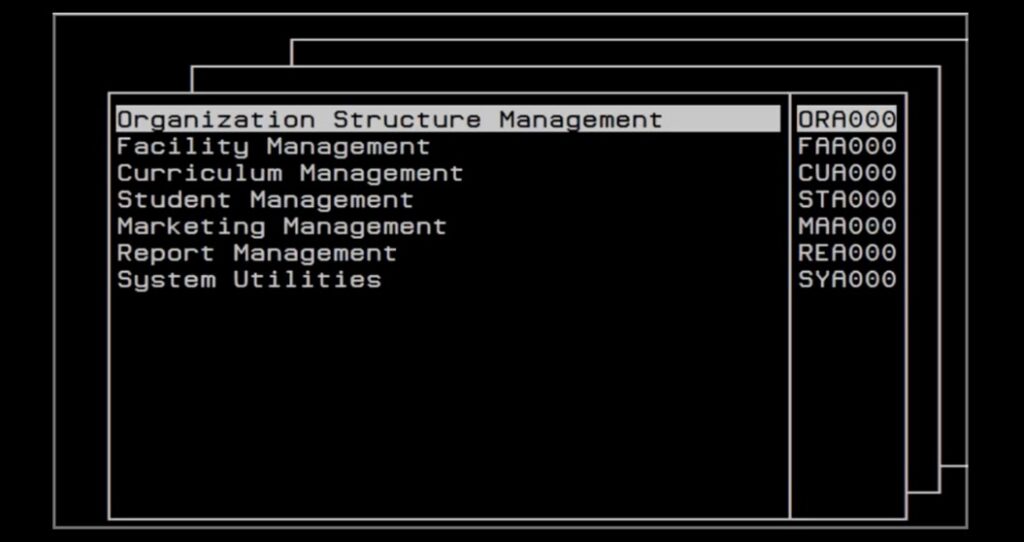Five common questions about GeneSIS and its role within the R3 Project
Posted on Thursday, July 7th, 2022

Our current Student Information System, GeneSIS, has served Algonquin College well for many decades. However, since GeneSIS was developed using a programming language that was common during the 1970s all the way through to the 1990s, we now need to introduce a new Student Information System (SIS) that is more technologically advanced and that can do even more for the College. This is where Thesis Student Management (or Thesis SM) comes in!
Saying goodbye to GeneSIS is like saying goodbye to a long-time colleague or an old friend—it’s hard! But now, we need to think ahead to the future. With the R3 Project, we can rethink how we work, redesign our processes, and reimagine how we serve and interact with our learners.
Today, we’ve compiled five commonly asked questions about GeneSIS and its role within the R3 Project that we hope will bring you clarity:
How long will GeneSIS be available once Thesis SM is ready to go live?
Once we go live with Thesis SM, we will be using the application exclusively. GeneSIS will no longer be available.
How long will the archived history go back?
Algonquin College is developing a data retention policy. We expect that, under the policy, data going back nine years will be brought into and retained in Thesis SM. This is twice the length of our longest academic program, plus one year. We will have access to all data, including historical program data that exists in GeneSIS. The R3 Project will determine where and how that data will be stored.
How will data be imported from GeneSIS to Thesis SM?
The R3 Project data strategy will look at understanding what data will actually be required to be transferred into the new SIS, Thesis SM. The strategy will also review what new data input we’ll also have to include in the new system.
For example, existing data may be pulled from GeneSIS or other systems. Meanwhile, new data may come into Thesis SM via Ontario College Application System (OCAS) for Ontario applicants.
We also have a Working Group exploring the scope of migration, and it’s continually evolving as we consult and learn more from stakeholders.
When will the connection between GeneSIS data and the Centre for Accessible Learning be explored?
We recognize that we need to identify all of the systems that GeneSIS connects with and the integration or connection points. This includes points where GeneSIS is receiving data from another system and where it is sending data to another system.
Once we understand the integrations, dependencies, technical information exchanges, and required data, we will explore solutions for the Centre for Accessible Learning and other areas across Algonquin College.
Will we lose access to any GeneSIS data?
Algonquin College will not lose access to any GeneSIS data.
Even though GeneSIS will not be available once Thesis SM goes live, historical data that we do not move into Thesis SM will be archived and available for limited users in exceptional circumstances. The R3 Project team is working to determine how we will access historical data in the future.
*
There you have it: five commonly asked questions about GeneSIS.
You can check out the FAQ page on the R3 Project website to find a list of our most commonly asked questions. It’s a great place to start looking if you have questions (because we have answers!).
Additionally, don’t miss our next R3 Showcase Event to receive important updates and learn more about the R3 Project. We’ll also be happy to answer any questions that you might have.
The next R3 Showcase is set for Thursday, Sept. 29, 2022 at 10 a.m.
- Posted in
- News R3